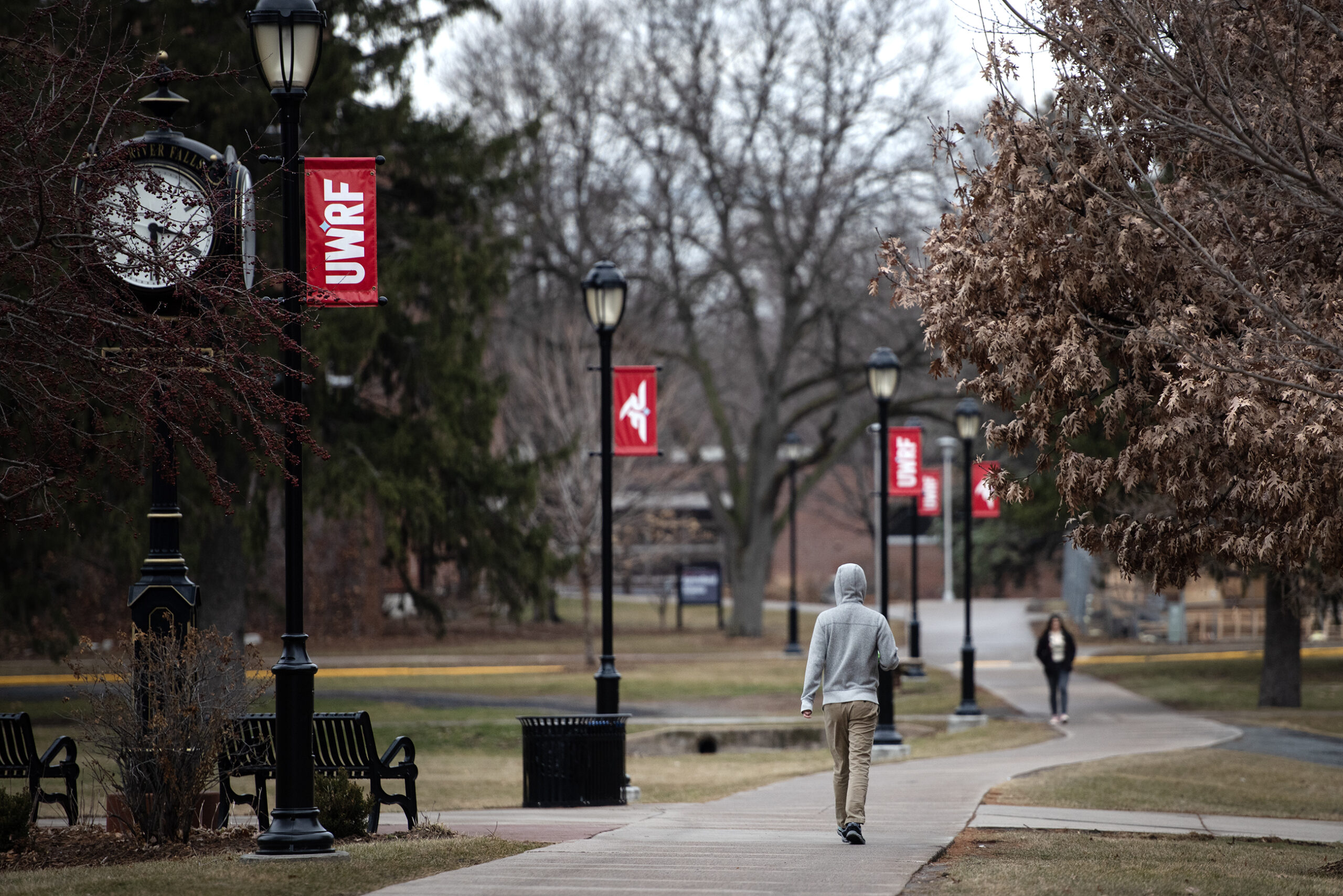The Milwaukee School of Engineering will begin offering a psychiatric mental health nurse practitioner degree in the fall to address the nation-wide shortage of mental health care providers.
MSOE is partnering with Oconomowoc-based Rogers Behavioral Health on the new degree program.
“Less than half of those with mental health and addiction challenges actually get the help they need, and one of the biggest barriers is the shortfall of qualified mental health professionals,” said Paul Mueller, CEO of Rogers Behavioral Health Hospital Division. “This program will ultimately help thousands of additional people get access to life-saving treatment.”
News with a little more humanity
WPR’s “Wisconsin Today” newsletter keeps you connected to the state you love without feeling overwhelmed. No paywall. No agenda. No corporate filter.
The United States has the highest rates of mental health disease compared to any other industrialized country. One in five adults suffer from some sort of mental health illness and 3.3 million children ages 6 to 17 receive treatment or counseling for emotional or behavioral issues, according to the National Alliance on Mental Illness.
In Wisconsin, rural communities often have the hardest time providing mental health care. A 2018 report from the Wisconsin Policy Forum found 55 of 72 Wisconsin counties face a “significant shortage” of psychiatrists and 20 have no practicing psychiatrists at all.
“Exacerbating this problem is the fact the state’s psychiatrist workforce is aging rapidly,” the Policy Forum’s report found. “The average Wisconsin psychiatrist is 50 years old and 15 percent of the state’s psychiatrists are 65 or older.”
Students with a Bachelor of Science in Nursing can complete the MSOE program in two years if enrolled full-time. Several faculty members will hold joint positions with MSOE and Rogers Behavioral Health to coordinate the students’ experiences both inside and outside the classroom.
Psychiatric mental health nurse practitioners are licensed to diagnose, treat and prescribe care for patients.
MSOE anticipates a minimum of 15 students will enroll in the nurse practitioner program in its first year, including five nurses from Rogers Behavioral Health.
The university is also adding a Direct Entry Master of Science in Nursing and a Post-Master’s Psychiatric Mental Health Nurse Practitioner Certificate.
Nursing School Expansion
Meanwhile, MSOE plans to expand its current nursing laboratories. Undergraduate applications for MSOE’s School of Nursing are up 25 percent compared to last year and the labs are near capacity.
MSOE opened the School of Nursing in 1995 after a merger with the Milwaukee County General Hospital School of Nursing. The first class had 40 full-time and part-time nursing students.
Enrollment has steadily increased every year. In Fall 2013, a $3 million, 25,000 square-foot Ruehlow Nursing Complex opened. Since then, an accelerated second-degree Bachelor of Science in Nursing program was established pushing enrollment to more than 200 students a year, according to MSOE.
The expanded space includes new simulation areas that can be adapted for a variety of settings including clinics, home and community care. Construction will begin this spring.
“There will also will be dedicated areas for students to practice their skills and complete performance tests,” said Dr. Carol Sabel, chair of the MSOE School of Nursing. “The additional lab space will help MSOE stay true to its commitment to small class sizes and guaranteed clinical placement in the sophomore year.”
Wisconsin Public Radio, © Copyright 2026, Board of Regents of the University of Wisconsin System and Wisconsin Educational Communications Board.







